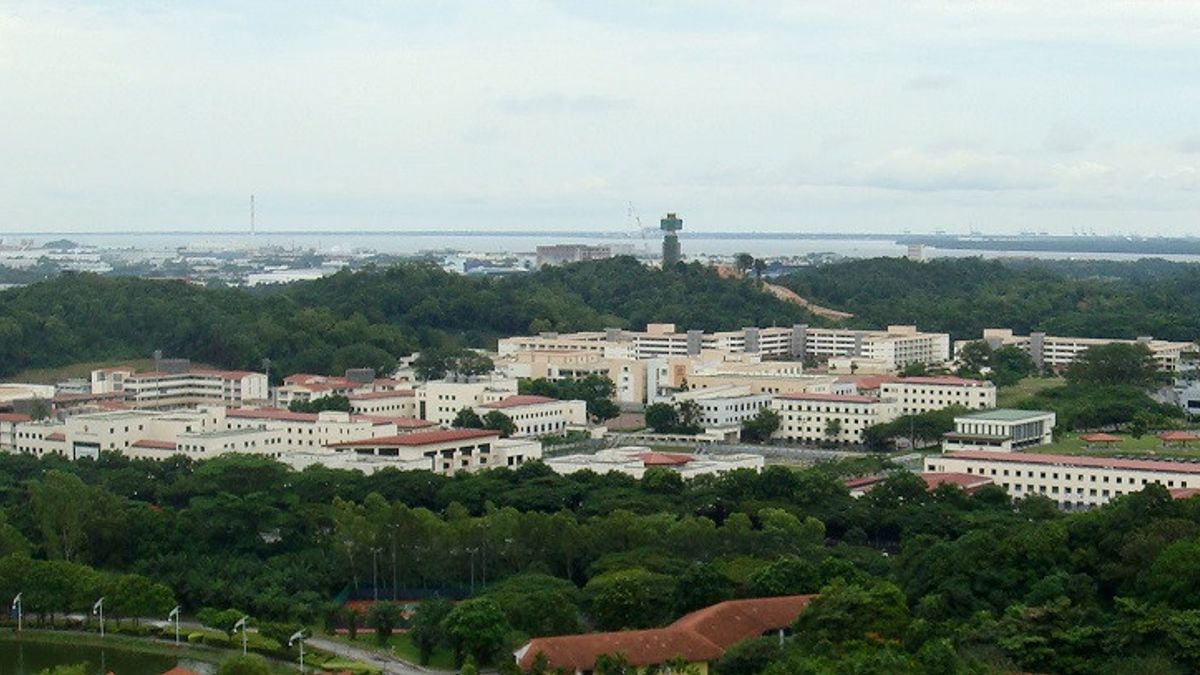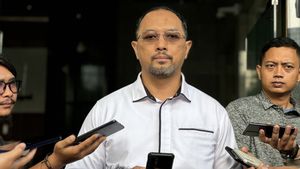JAKARTA - All army camps will soon be integrated with smart technology to improve administrative processes and free up more time for training.
Among the smart technologies to be implemented is a mobile app that will allow soldiers to have access to camp, unit and training information on the go.
Not only that, they can also return their respective weapons and magazines by scanning them at a designated place.
This comes after trials carried out by the Singapore Army under its Smart Camp project, which piloted smart technology for its armkote, workshops and smartphone applications.
In a statement on Thursday, the Ministry of Defense (MINDEF) said the technology will be implemented at Camp Stagmont in 2023, Camps Clementi and Kranji in 2024 and other army camps from 2025 onwards.
"This necessary optimization of daily routines will enhance the soldier's experience," explained MINDEF, citing CNA June 30.
A platform that will replace the current NS Portal and consolidate all NS-related digital services and transactions, will also be rolled out gradually from the second half of this year.
"OneNS can anticipate and define the unique needs of each service person and personalize digital services to ensure easy access to relevant information and services in a useful and timely manner for service personnel," said MINDEF.

Amid an uncertain and complex security environment, efforts to drive digital transformation within the SAF are ongoing.
SAF will appoint a chief digitalization officer to lead and drive this transformation, including formulation of SAF's digital strategy, prioritizing digital resources to support the transformation as well as defining milestone metrics in SAF's digitization.
The chief digitization officer will report to the head of the defense force, MINDEF said.
Next, data analysis as well as virtual and mixed reality are among the technologies the SAF will use to enhance its training.
The Singapore Navy will use data analysis to provide more targeted feedback to students. Starting in 2025, trainers will be able to provide them with an analysis of their performance in the simulation center so they can learn better and more effectively in areas such as warfare, navigation, bridge operations or mission planning.
For the Singapore Army, a one-stop portal that will provide end-to-end training management services such as work planning, resource allocation and training records management will be rolled out in phases across the army starting this year.
The system uses data analytics, so personnel are better able to optimize planning considerations, such as the allocation of training resources to achieve specific training outcomes with less administrative time.
Meanwhile, the Republic of Singapore Air Force (RSAF) is using technologies such as virtual and mixed reality to increase training effectiveness and efficiency.
This includes the SPYDER missile loading training simulator, which recreates the SPYDER system's missile loading process in an immersive and spatially accurate virtual environment.
Simulators allow trainees to drill their procedures during contingency scenarios, which are difficult to replicate in real life, and allow training regardless of weather conditions or the time of day. This in turn increases the efficiency and safety of training, says MINDEF.
The English, Chinese, Japanese, Arabic, and French versions are automatically generated by the AI. So there may still be inaccuracies in translating, please always see Indonesian as our main language. (system supported by DigitalSiber.id)













